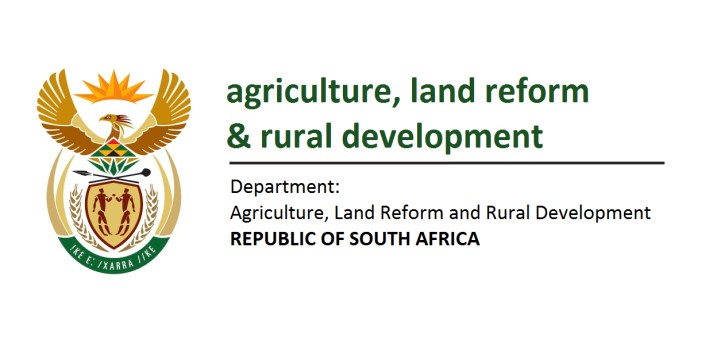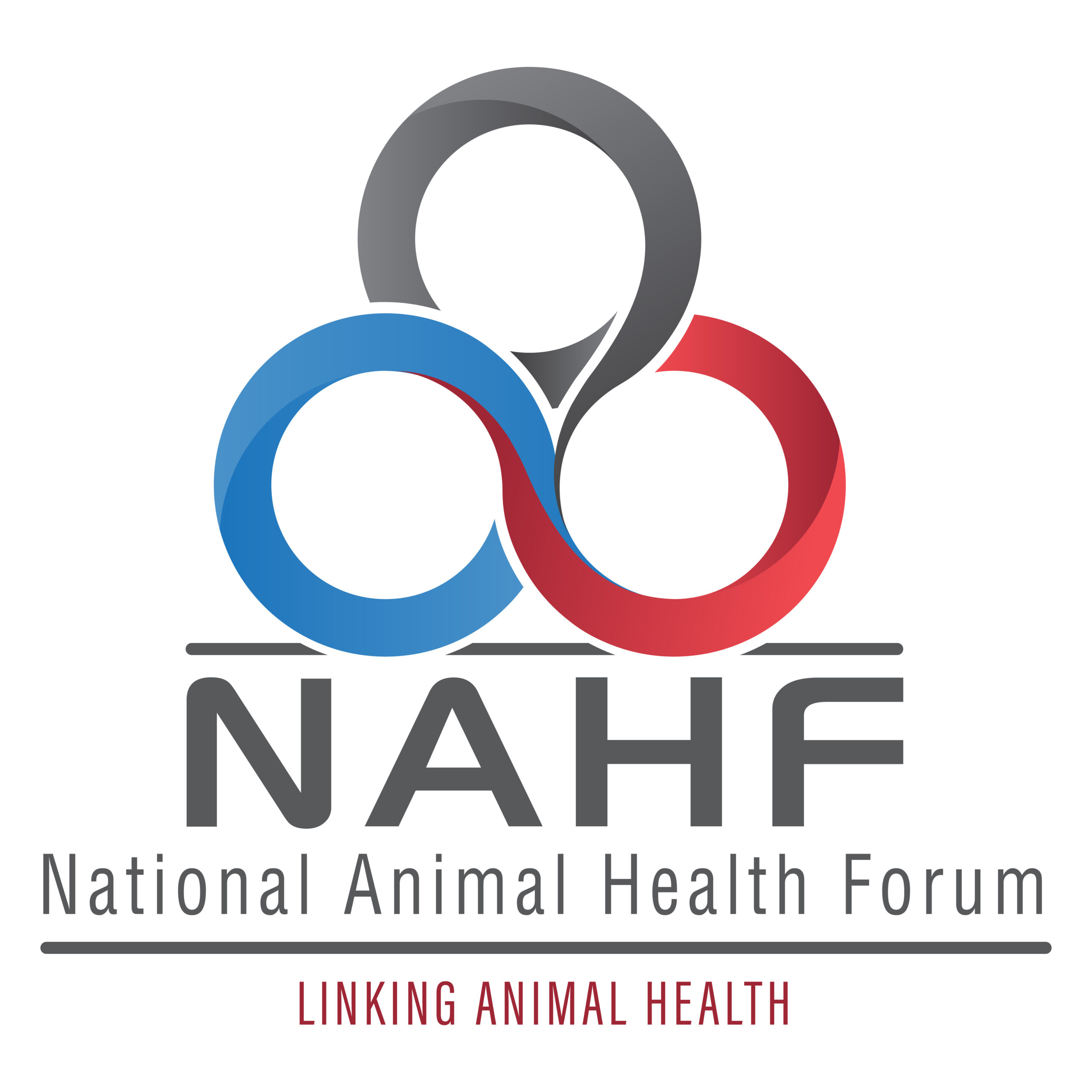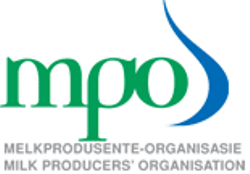
18 NOVEMBER 2020
The Minister of Agriculture, Land reform and Rural Development, Ms Thoko Didiza (MP), has been made aware by the MEC for Agriculture and Rural Development in KwaZulu-Natal, Ms Bongi Sithole-Moloi (MPL), of the outbreak of brucellosis in the northern parts of KwaZulu-Natal.
The MEC, who has already visited the affected areas, has informed the minister of measures that the province is putting in place to contain the spread of brucellosis.
“I am confident that with all the measures that the province is putting in place, including awareness campaign and the collaboration between the provincial and national veterinary services, we will be able to stop the spread of brucellosis,” said Minister Didiza.
The minister would like join MEC Sithole-Moloi in calling upon on all livestock owners in all dip tanks in uMkhanyakude, King Cetshwayo, uThukela, and uMzinyathi districts to present their heifers, aged between 4 and 8 months, for brucellosis vaccination to help curb the spread of this disease.
The minister also urges all provincial departments of agriculture and rural development remain on alert and to ensure that they run awareness campaigns to assist farmers to know symptoms of brucellosis and implement all necessary safety measures to prevent the spread of this diseases.
What is brucellosis?
Brucellosis is a controlled animal disease under the Animal Diseases Act (35 of 1984), and the regulations prescribe that “all heifers between the ages of 4 and 8 months in the Republic shall be immunised/vaccinated once with an efficient remedy by the responsible person”. There are currently two registered vaccines in the country and we encourage livestock owners to only use registered vaccines.
Bovine brucellosis is a chronic herd disease, caused by the bacteria Brucella abortus, which may cause abortions in pregnant cattle and a drop in milk production. It also causes decreases in production and reproduction rates, which lead to financial loss to affected livestock owners. There is no treatment for infected cattle.
Bovine brucellosis is endemic in cattle in all nine provinces of the country, is ongoing and requires concerted effort and intervention. From 2015–2019, over a thousand new herd units were reported countrywide to the DALRRD as bovine brucellosis positive. This is unfortunately still an underestimation of the true number of herds infected, due to challenges with the testing of all cattle herds and effective reporting of positive herds to a central level.
Brucellosis is zoonotic disease which can be transmitted to humans, mainly through the consumption of unpasteurised dairy products from infected cows and through handling of birth materials, aborted foetuses, and new born calves from infected cows. Humans show non-specific flu-like symptoms, recurrent fever, body aches and pains, headaches, and depression. The disease in humans can become chronic if medical treatment is not obtained.
The (Animal Diseases) Act places the responsibility on the owner of animals to prevent disease in their herds, treat any disease present, and to prevent spread to other herds; it is for this reason we encourage cattle owners in all nine provinces of the country to vaccinate heifer calves between 4 to 8 months of age, to determine the brucellosis status of their herds through testing, and to only buy in cattle from herds with a known disease status.
The South African Veterinary Strategy (2016–2026) has identified bovine brucellosis as a model disease for disease control purposes and this strategy has the backing and support of the entire veterinary profession. The “Bovine Brucellosis Control Policy, South Africa” has been finalised and the document is available on the following link:
The policy has identified seven objectives, each which requires the development of detailed implementation plans. The same central policy is to be applied across all provinces to ensure a consistent and effective approach to disease control:
1. Vaccination of all heifer calves between 4 and 8 months to obtain improved countrywide herd immunity.
2. Education and awareness targeting relevant role-players (farmers, industry, veterinary services, etc.).
3. Testing of cattle herds to determine their brucellosis status.
4. Movement control of infected cattle to prevent brucellosis spreading to other herds.
5. Slaughter of brucellosis positive cattle to remove the source of infection within the affected herd.
6. Reporting of brucellosis information to a central database for trend analysis.
7. Effective implementation of control measures to safeguard animal and human health.
There are two national committees that have been set up to focus on all brucellosis matters and consist of representatives from government veterinary services and industry.
Having decided to recognise November as a national brucellosis awareness month, the South African Veterinary Council, in partnership with the South African Veterinary Association, the National Animal Health Forum, the Department of Agriculture, Land Reform and Rural Development, and all their associated partners, have embarked on an extensive awareness and education campaign, which will continue into December, regarding bovine brucellosis.
“We urge livestock farmers and all relevant stakeholders to participate by sharing the information on bovine brucellosis that will be released soon,” said Didiza.
The control of bovine brucellosis is not the responsibility of a single entity – it requires collective control and, all stakeholders need to work together and play their part to control the disease and prevent even more herds and potentially people from becoming infected.
Issued by the Department of Agriculture, Land Reform and Rural Development:
• Media Liaison Officer and Spokesperson: Mr Reggie Ngcobo, 082 883 2458, reggie.ngcobo@gmail.com
• Eviction Toll-free Number 0800 007 095
Follow us on: Twitter @DALRRDgov_ZA, Facebook Department of Agriculture, Land Reform and Rural Development or Instagram DALRRDgov_ZA
Published on Thursday, 19th November 2020 - 10:21
Recent Posts
disclaimer









